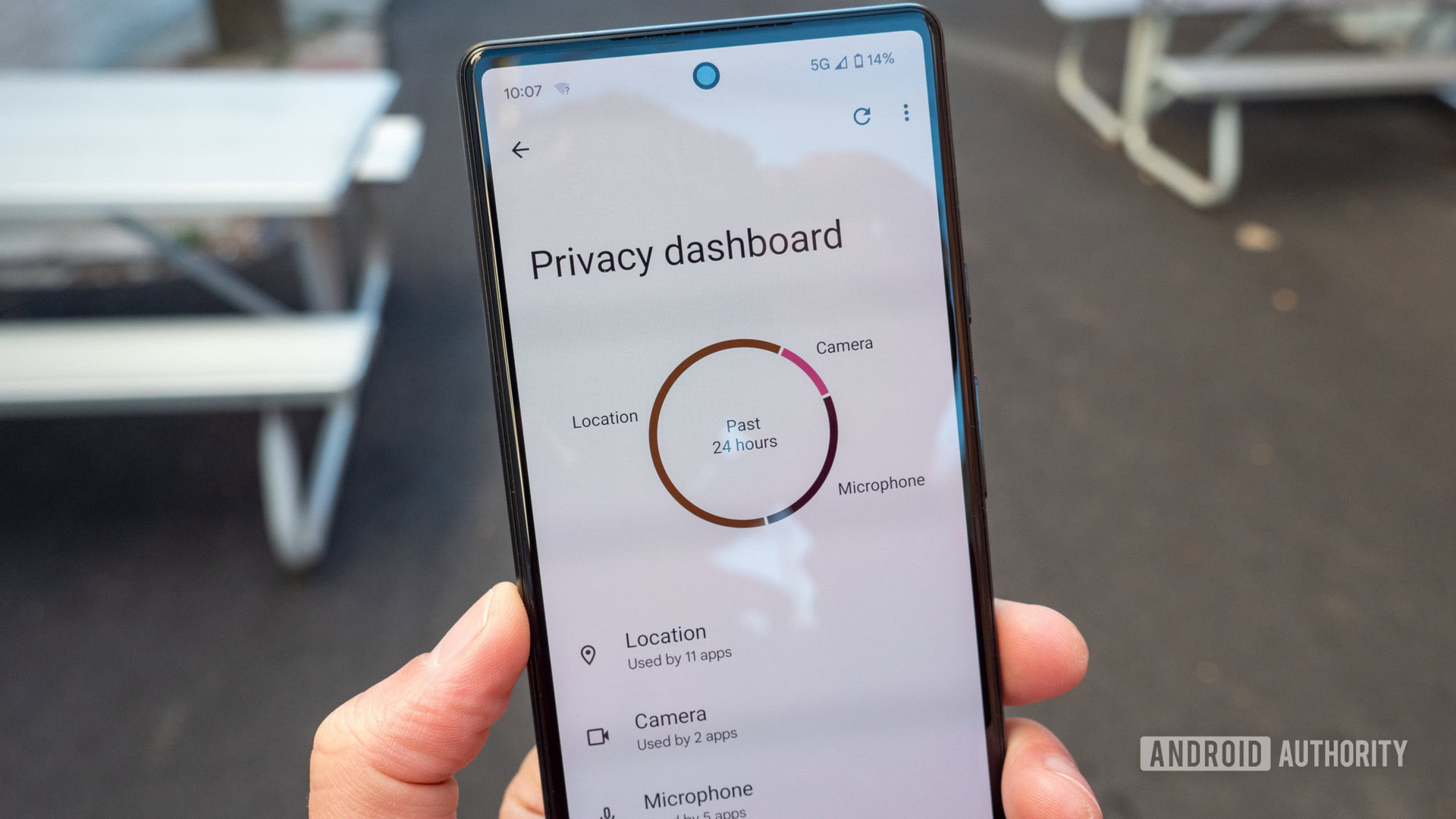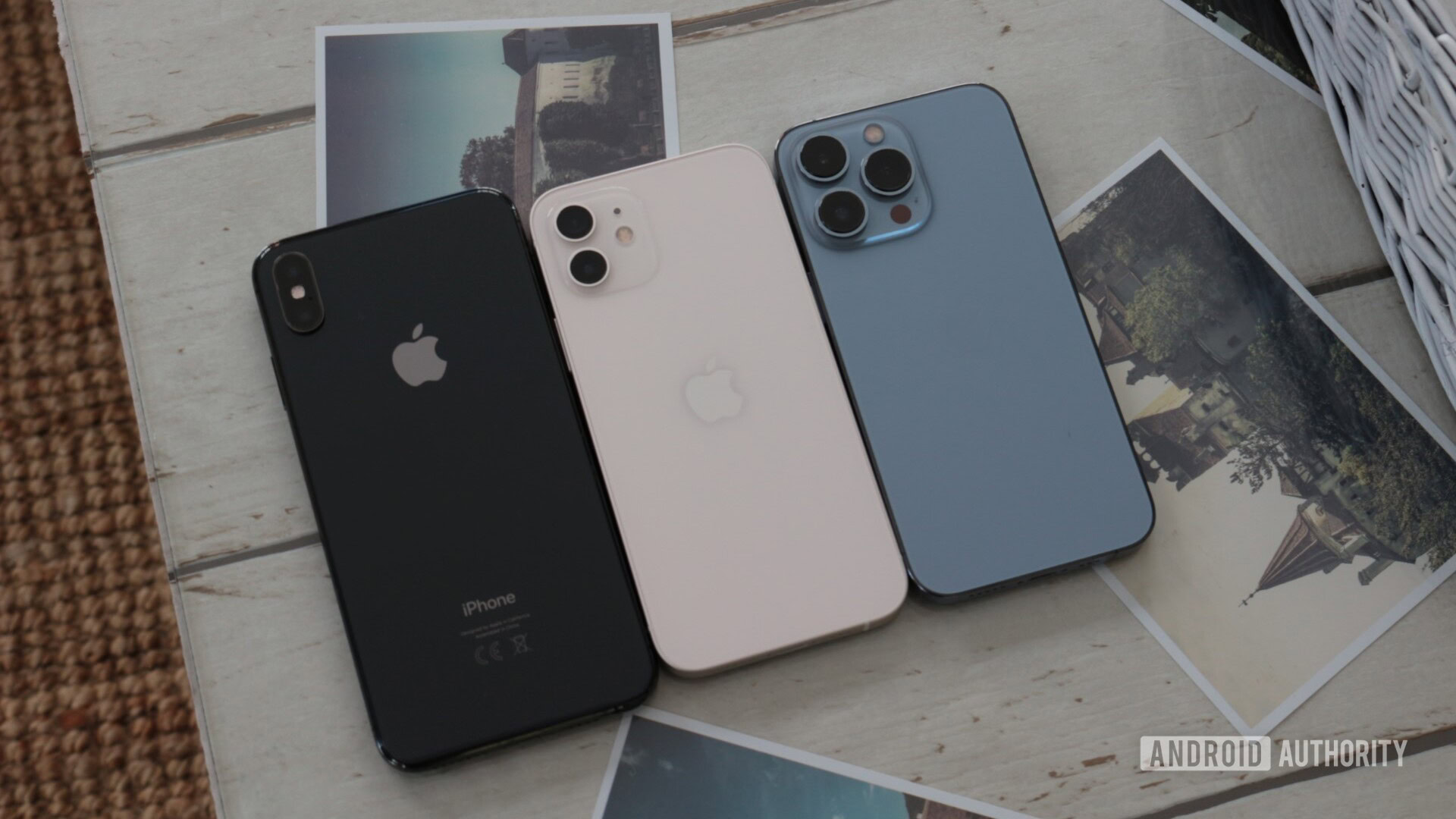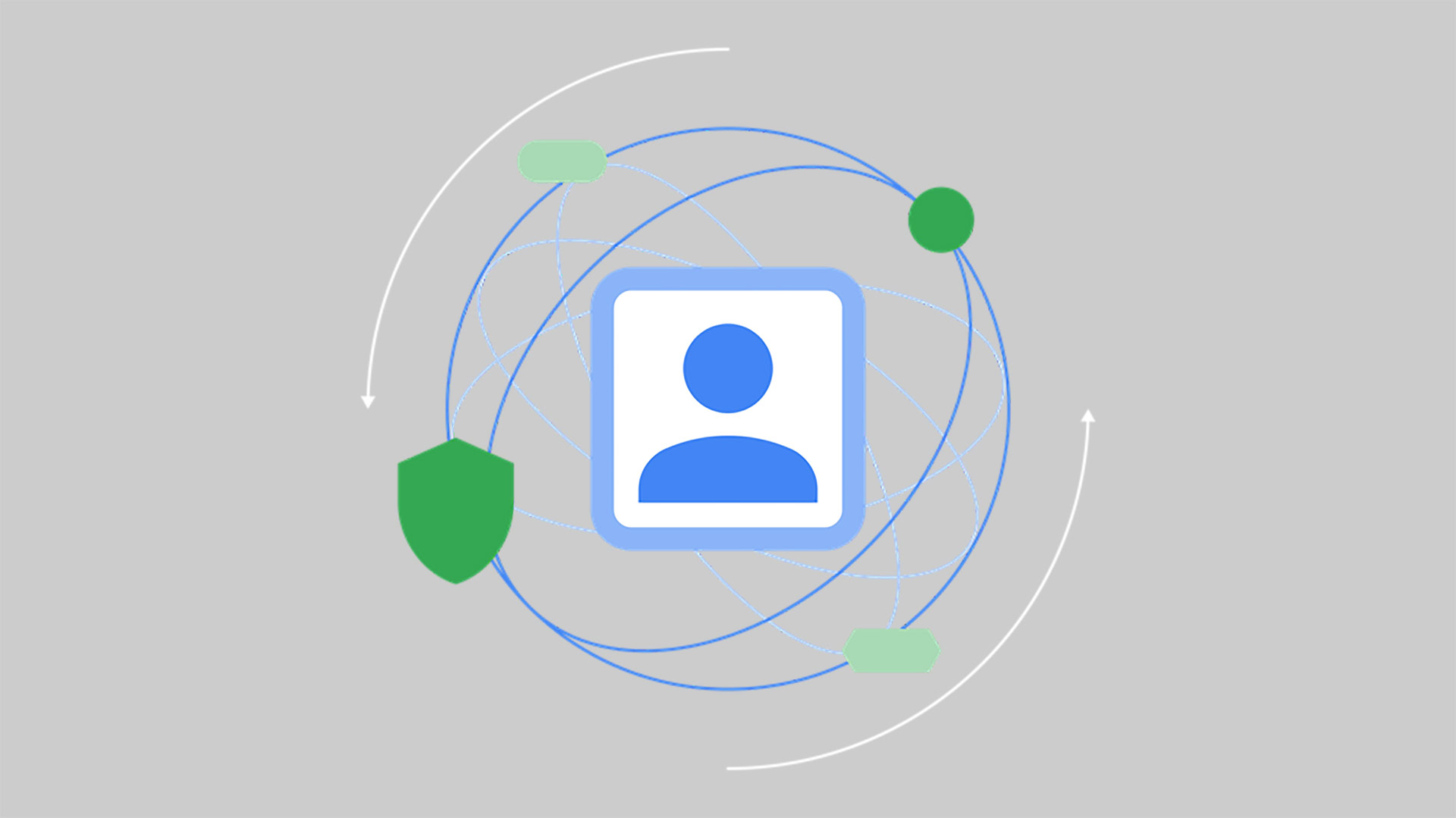Affiliate links on Android Authority may earn us a commission. Learn more.
Google launches Privacy Sandbox for Android, but still doesn't know what it is
Published onFebruary 16, 2022
- Google today launched the Privacy Sandbox for Android.
- The intention is to make ad tracking on Android more secure and private without using the “blunt” method Apple uses.
- Unfortunately, Google is still grasping at how to do make this work.
Google owns Android. The reason it bought Android is to make money, obviously. The way Google makes money is by selling advertisers the data they need to directly target specific people. Therefore, it’s obvious that Google uses Android user data to make money.
See also: How to manage your location data
However, things are changing. Consumers are more aware of how they are tracked across the internet on their various devices. They understand how Google makes money and don’t really like it. To keep the ship afloat, Google knows it needs to change up the system. That’s why Google today announced the Privacy Sandbox for Android, which is its newest initiative to keep ad-based revenue coming in but at less of an expense to user privacy.
It sounds great on paper, but one thing is very clear from the company’s announcement: it doesn’t quite know how to achieve what it wants to achieve.
Privacy Sandbox on Android: What is it?

Google’s first Privacy Sandbox is purely web/browser-based. In the beginning, this system used FLoC (Federated Learning of Cohorts). In a nutshell, FLoC grouped thousands of users together based on interests, which allowed advertisers to target them but not know anything about any particular user.
See also: What is Google FLoC?
FLoC didn’t last. Now, Google is using a different system called Topics API, which gives advertisers five topics Google knows (or thinks) you are interested in based on your browsing history.
In today’s announcement, Google doesn’t commit to Topics API being the basis of the new Privacy Sandbox for Android. All vice president of product management for Android security and privacy Anthony Chavez wrote is that the company is “exploring technologies that reduce the potential for covert data collection.”
In other words, Google doesn’t really know what the Privacy Sandbox for Android would be. All it seems to know so far is what it won’t be.
This is not the Apple method

In Google’s announcement post, the company doesn’t mention Apple’s name but makes it pretty clear it doesn’t want to take that company’s approach to ad tracking. Check out the quote below:
We realize that other platforms have taken a different approach to ads privacy, bluntly restricting existing technologies used by developers and advertisers. We believe that — without first providing a privacy-preserving alternative path — such approaches can be ineffective and lead to worse outcomes for user privacy and developer businesses.
Of course, Google is referring here to Apple’s blocking of ad tracking altogether on iPhones. iPhone users receive a notification about apps using their data for ad tracking. That notification asks the user if they want this to happen. With a simple tap, the user can stop being tracked at all, which, obviously, most people do.
This method seems to be the most simple: let users decide if they want to be tracked. But Apple is a hardware company, not an ad company like Google, so Apple has no investment in how successful or unsuccessful ad tracking is on iPhones. Google doesn’t have that luxury, so it has no choice but to not adopt Apple’s “blunt” method.
So the Privacy Sandbox for Android will not be this. So what will it eventually be?
Google needs help figuring this out
In its announcement post, Google makes it clear that it needs and wants help with this. It’s working with developers to try out experiments and reaching out to the advertising industry for input. It’s welcoming advice from advertising regulatory bodies. It’s even asking for input from people like you: the average smartphone user.
In the end, who knows what the Privacy Sandbox for Android will churn out. Whatever the case, Google needs to figure out a happy medium between tracking everything a user does and selling that to advertisers and taking on Apple’s method of just not tracking anything at all. Somewhere in the middle is where we’re going to end up.
Luckily, Google is giving itself a long timeline to work this out. It plans to release early previews and betas by the end of this year but isn’t committing to a full rollout at any specific time period.
